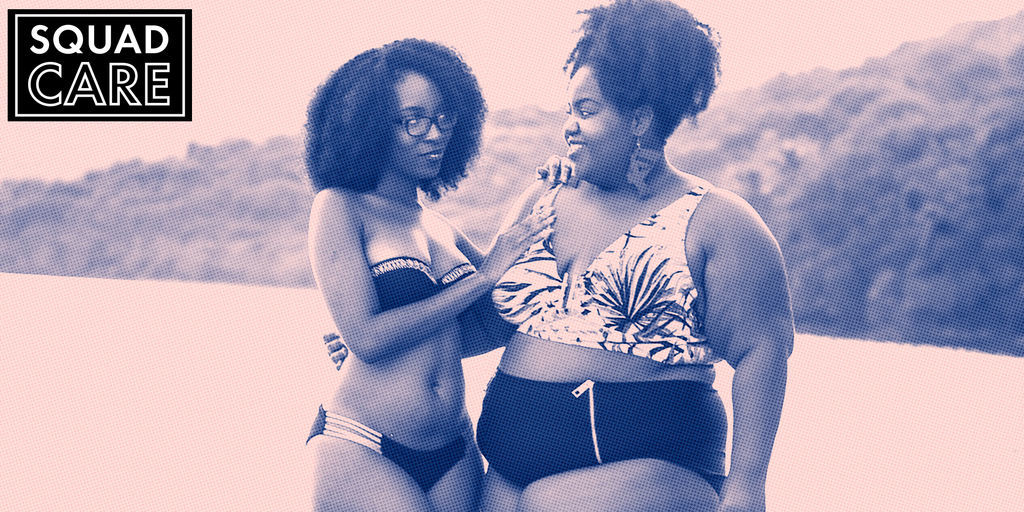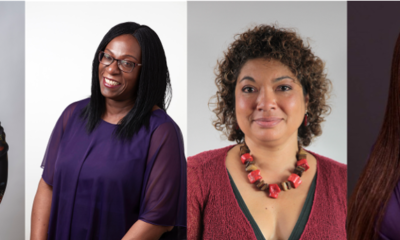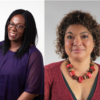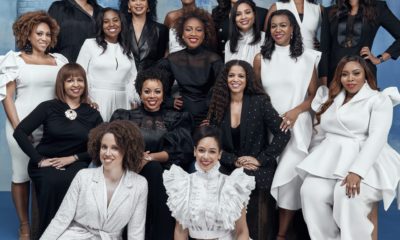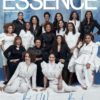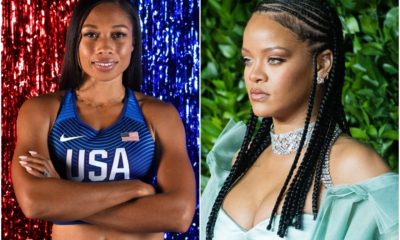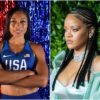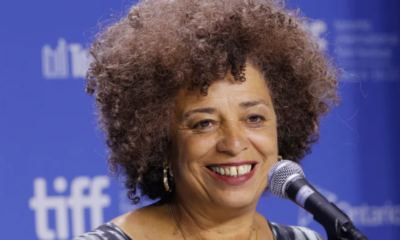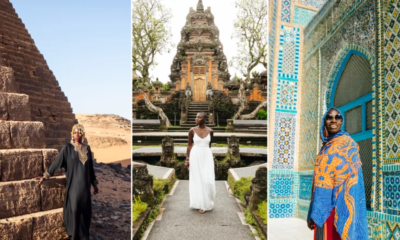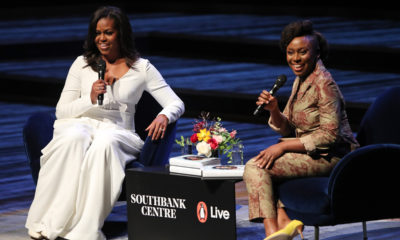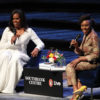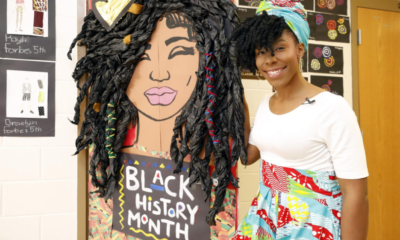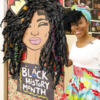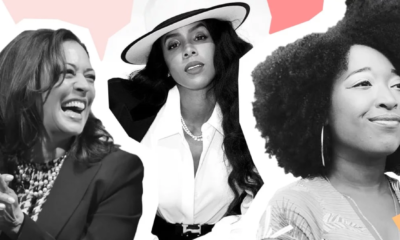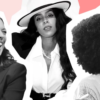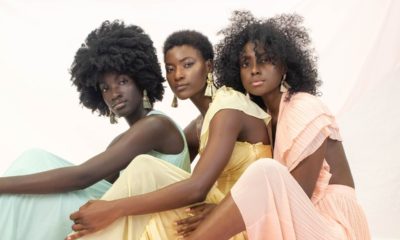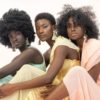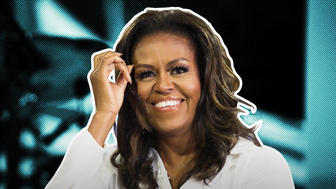Featured Articles
How Black Women Bloggers Have Built a #BodyPosi Squad All Their Own
On Instagram, #selfcare makes for good content. Users have tagged over 2.5 million posts—acai bowls, atmospheric candles, yoga mats, green juice—with the hashtag. More than 75,000 people are practicing it on #selfcaresunday, and 25,000-plus photos bear witness to the fact that #selfcarematters. And it does; marginalized populations have performed self-care for centuries in the face of systemic oppression. But the term, whether it refers to critical activist work or a kind of spiritual nourishment, suggests that it’s possible to practice care on our own. The truth is we exist in matrices of allies and friends who do this work for us. If we’re honest, it isn’t #selfcare. It’s #squadcare. This week, ELLE.comscholars at Wake Forest University go deep on just what that means.
“Turn your head, and I’ll make ’em fit!”
I’m 5 years old, and my mother is watching me attempt to shove my feet into a pair of too-small boots during a mall excursion. It’s clear my Cinderella moment isn’t going to happen. The shoes—my would-be glass slippers—don’t fit.
I’d be lying if I said that I thought of this moment then as an existential crisis. At the time, I just wanted the shoes. But the story, which I hear my mother tell every time someone mentions strong-willed children, has taken on a new significance for 22-year-old me, who thinks frequently about how the broader fashion industry—not just shoes or the latest trend on Instagram—doesn’t seem to fit underrepresented women, including women of color, full-figured women, and especially full-figured women of color.
Sometimes the business tries to do better—it tries to be representative of more women, hiring plus-size models who tend to have flat stomachs and fair skin. Most wear sizes 8 and 10—not plus-size by any standards other than high-fashion standards. When models of color do appear in print, their hair is often straightened and their complexions are flawless. Growing up and never seeing yourself in the magazines and television shows you consume—it feels like shoving your foot into a shoe that doesn’t fit.
Which is why the work that these three Black women bloggers and vloggers do is so essential. Here, SheRea DelSol, Brie Wright, and Marché Robinson talk about fitting and not fitting into the worlds of mainstream style and beauty. All three insist they don’t shatter conventional expectations on their own and wouldn’t want to, explaining that its their squads and support systems that make their work not only possible, but a joy.
SheRea DelSol, 25, plus-size fashion and beauty vlogger
A stylish, thrifted closet. Smooth, chestnut brown skin. A full-figured body. With more than 69,000 Instagram followers, 48,00 YouTube subscribers, and an audience of almost 9,375 on Facebook, SheRea DelSol is showing the internet that taking care of a Black woman’s body is itself an act of resistance. She lives and works at the intersection of body positivity and fashion, though she acknowledges that the industry has never fully embraced large Black women.
When she was a 19-year-old student, DelSol started My Thrifted Closet, an online platform to showcases her love of affordable fashion. “I was Black, fat, and newly natural at Wake Forest [University], and I didn’t see folks who looked like me,” she says. “I looked toward the blog world to be affirmed, represented, inspired, and uplifted.” Her platforms, including a YouTube channel and an online closet shop, in addition to her social media sites, have since grown as a way to encourage women to love their bodies and hair—on a budget.
But there are questions and judgments about the decisions women make regarding their bodies, no matter their size. But if a woman wears a double-digit dress size, it’s assumed that weight loss is on her mind; she must want to be thin. DelSol pushes back, but she admits that she thinks about her responsibility to her readers: “Being a bigger person, and a plus-size blogger, how do you lose weight without messaging that everyone has to lose weight now?”
For DelSol, navigating the expectations around fashion, beauty, and her online presence requires positive talk and a squad that can provide it—not only for her, but also for her audience. “Society really breaks me,” DelSol says. “All the racism, sexism, [and] fat-phobia—that actually really breaks me down.” It’s important to have communities—multiple communities—when her identity and body are in the crosshairs of oppression. And when …
Please read original article – How Black Women Bloggers Have Built a #BodyPosi Squad All Their Own



